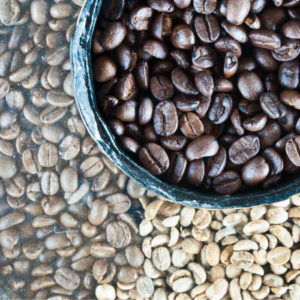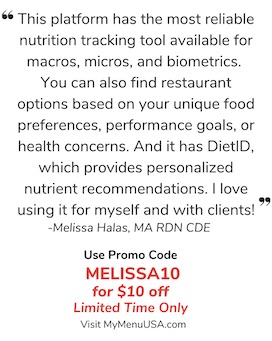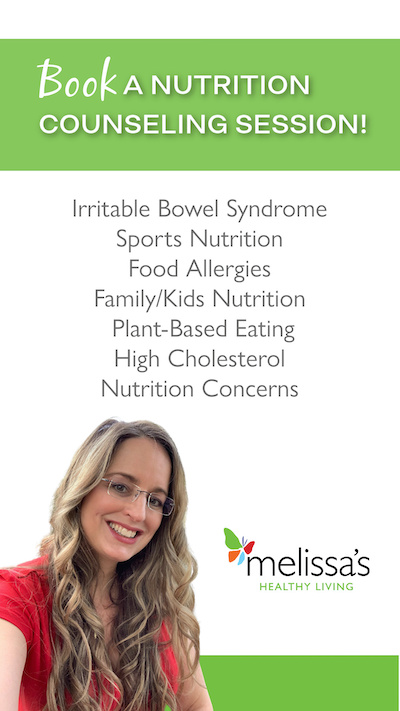
Do you know how much caffeine you consume daily? If you’re using it for athletic performance or for a jolt in your workday, read on for details and sources of caffeine.
A recent poll taken by the National Coffee Association showed that over 50% of Americans are daily coffee drinkers. It also showed that the nation as a whole consumes around 400 million cups per day. (1) While coffee is a staple in most homes, there are other options to choose from to get your daily buzz. These include teas, chocolates, sodas, and other, less-common items. Whether you’re looking to increase, decrease, or simply just monitor your intake, scan through the chart at the end of the article to learn more about the coffee content of some individual items. Find out how much caffeine you actually consume.
Caffeine and Athletic Performance
Caffeine finds its way into many different products. Depending on how it’s used, and whether or not it’s naturally occurring, it can be considered a food ingredient, dietary supplement, or FDA-approved drug. Caffeine stimulates the central nervous system (heart function, blood circulation, and the release of epinephrine (adrenaline)), and has been suspected to influence athletic performance by increasing the release of endorphins, reducing perceived fatigue, and increasing alertness, which may improve simple reaction time. (2) Your response to caffeine may vary based on a variety of factors such as diet, health status (and/or body composition) and genetics. As with any food or safe supplement caffeine’s effect should be evaluated during training prior to use in competition!
Caffeine’s Side Effects
For most adults, the FDA says up to 400 mg of caffeine (about 4-5 cups of coffee) is safe and can be consumed without unwanted side effects. (3) However, pay attention to how you feel with different doses. For example, if your heart rate speeds up, you may be consuming too much. Or, if caffeine is triggering gastric reflux, heartburn or stomach upset it could be the acid. If you’re looking to cut down on the acidity of your coffee and reduce any unpleasant digestive side effects while still getting the benefits of caffeine here are a few tips:
- Opt for coffees labeled lower in acid, which are typically medium or dark roasts.
- Try cold-brewed coffee, which also tends to be less acidic.
- Some individuals find that adding milk (cow, soy, or nut) to coffee can help reduce symptoms.
You can purchase coffees that have a lower acid profile. If you’re drinking caffeine for athletic performance and are more sensitive to reflux or upset you can buy a lower acid coffee – look for brands that advertise it.
Who should be cautious with unfiltered coffee?
While coffee has been shown to have many health benefits, there are some populations who should keep the type of coffee they drink in mind. Consuming unfiltered coffee, such as French pressed or percolator coffee, may contribute to an increase in LDL cholesterol levels (the bad type of cholesterol). However, filtered coffees, such as drip coffee or pour-overs, have not been shown to have an effect on LDL levels. (4)
Consider your environmental impact with the coffee you choose and choose ones that don’t increase plastic waste. You can also look for a stainless steel reusable pod.
Caffeine in Common Food and Beverages
| Food or Beverage | Amount | Caffeine Content |
| Brewed Coffee, generic Starbucks (Dark, Blonde) Dunkin’ Donuts |
8 oz. 16 oz. (Grande) 14 oz. (Med) |
75-165 mg 260 mg, 360 mg 164 mg |
| Instant Coffee, generic | 8 oz. (1 tsp.) | 60-85 mg |
| Latte or cappuccino, Starbucks | 12 oz. (tall) 16 oz. |
75 mg 150 mg |
| Espresso, generic, Starbucks | 1 oz. (1 shot) | 45-75 mg 75 mg |
| Cold Brew, generic | 12 oz. | 150 mg |
| Decaffeinated Coffee, generic | 6 oz. | 2 mg |
| Brewed tea, Black Green Decaffeinated black |
8 oz. | 40-70 mg 25-40 mg 2 mg |
| Instant Tea, powder | 8 oz. (3 tsp.) | 8 mg |
| Matcha Powder | 1-3 g | 20-60 mg |
| Yerba Matte | 3 g | 40 mg |
| Starbucks Tazo Chai Tea Latte | 16 oz. | 70 mg |
| Nestea | 12 oz. | 12 mg |
| Snapple | 16 oz. | 22 mg |
| Lipton Brisk Iced Tea | 12 oz. | 8 mg |
| Coke, Pepsi | 12 oz. | 30-60 mg |
| 7-Up, Sierra Mist, Sprite | 12 oz. | 0 mg |
| Mountain Dew | 12 oz. | 54 mg |
| Energy Drink, generic Rockstar Red Bull 5-hr Energy |
8 oz. 8 oz. 8.4 oz. 1.9 oz. |
77 mg 80 mg 75 mg 200 mg |
| Mio Energy Water Enhancer | 1/2 tsp. | 60 mg |
| Chocolate, Dark Milk White |
1 oz. | 31 mg 1-15 mg 0 mg |
| Chocolate coated coffee beans | 28 pieces | 336 mg |
| Coffee ice cream/frozen yogurt | 8 oz. | 50-60 mg |
| Hot Cocoa | 8 oz. | 3-32 mg |
| Chocolate Milk | 8 oz. | 2-7 mg |
Sources: (5-12)
There are a lot of ways to mix and match foods and beverages to reach your desired amount of daily caffeine. Get creative with different brands of coffee and different food products to boost different nutrients while keeping your taste buds and stomach happy!
Order The Plant-Based Boost, Nutrition Solutions for Athletes and Exercise Enthusiasts for a more in-depth look at caffeine and other ergogenic aids that can boost performance!
References
- http://www.e-importz.com/coffee-statistics.php
- Maughan RJ, Burke LM, Dvorak J, et al. IOC consensus statement: dietary supplements and the high-performance athlete. Br J Sports Med. 2018;52(7):439-455. doi:10.1136/bjsports-2018-099027
- https://www.fda.gov/forconsumers/consumerupdates/ucm350570.htm
- https://www.sciencedirect.com/science/article/pii/S0735109713026016?via%3Dihub
- https://foodinsight.org/everything-you-need-to-know-about-caffeine-2/
- https://globalassets.starbucks.com/assets/94fbcc2ab1e24359850fa1870fc988bc.pdf
- https://www.caffeineinformer.com/caffeine-content/starbucks-cold-brew
- https://www.consumerlab.com/reviews/Green_Tea_Review_Matcha_Supplements_and_Bottled/Green_Tea/#results-matcha
- https://guayaki.com/shop/fg-01-00021/
- https://ndb.nal.usda.gov/ndb/search/list
- https://5hourenergy.com/facts/how-to-use/
- https://www.makeitmio.com/en/about



